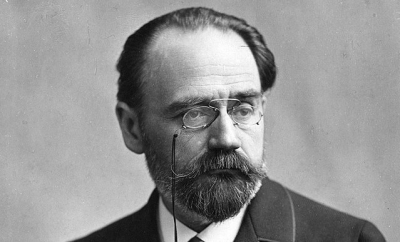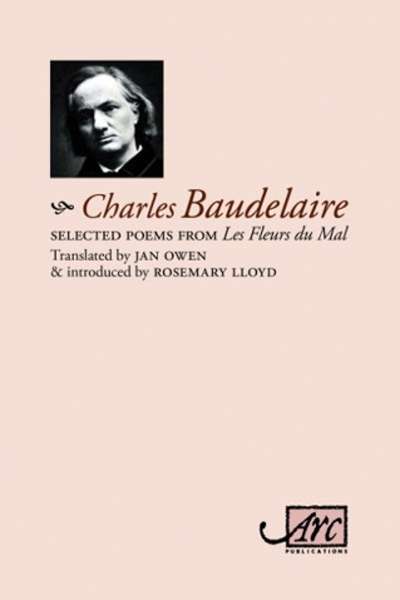Brian Nelson

Brian Nelson is Emeritus Professor of French Studies and Translation Studies at Monash University. He is a past President of AALITRA (the Australian Association for Literary Translation), and the author or editor of twelve books on aspects of modern French and European culture, including The Cambridge Companion to Emile Zola (2007). In addition, he has translated and edited Zola's The Ladies' Paradise, Pot Luck, The Kill, The Belly of Paris, and The Fortune of the Rougons for Oxford World's Classics. He was awarded the 2015 NSW Premier's Prize for Translation. His latest publication is The Cambridge Introduction to French Literature (2015).
The Flowers of Evil (Les Fleurs du mal, 1857) is the most celebrated and most influential collection of verse in the history of modern French poetry. Its author, Charles Baudelaire (1821–67), is seen as the embodiment of a sensibility we regard as 'modern'. T.S. Eliot called him 'the greatest exemplar of modern poetry in any language'.
Baudelaire's modernism is based on the experience of city l ... (read more)
For many of his contemporaries, Victor Hugo (1802–85) was the most important literary figure of the nineteenth century. He was considered the greatest French poet; he became the leader of the Romantic movement with the staging of his anti-classical play Hernani (1830); and he wrote monumental, hugely popular novels. He was also an iconic political figure. He played an active part in the 1848 Rev ... (read more)


